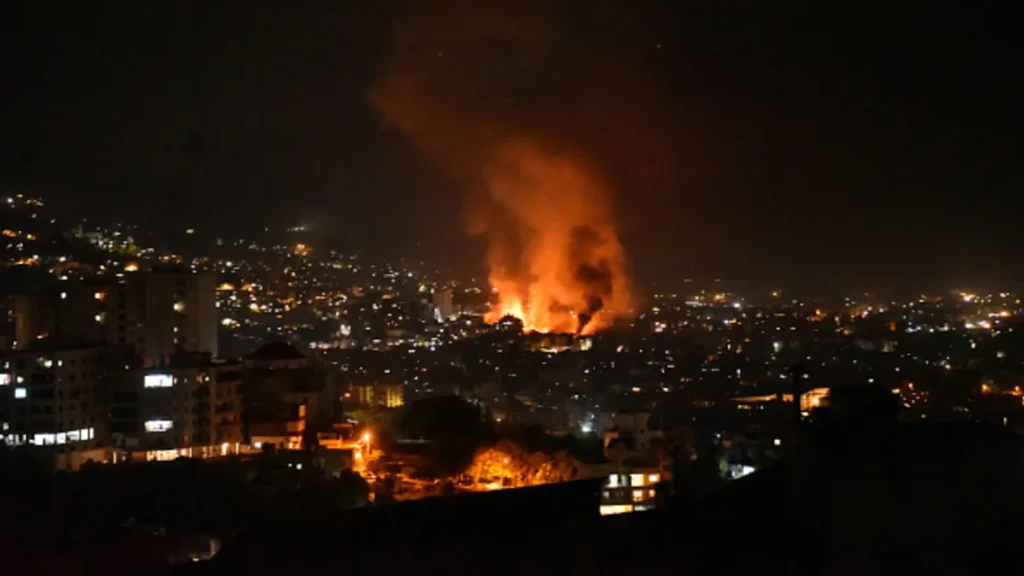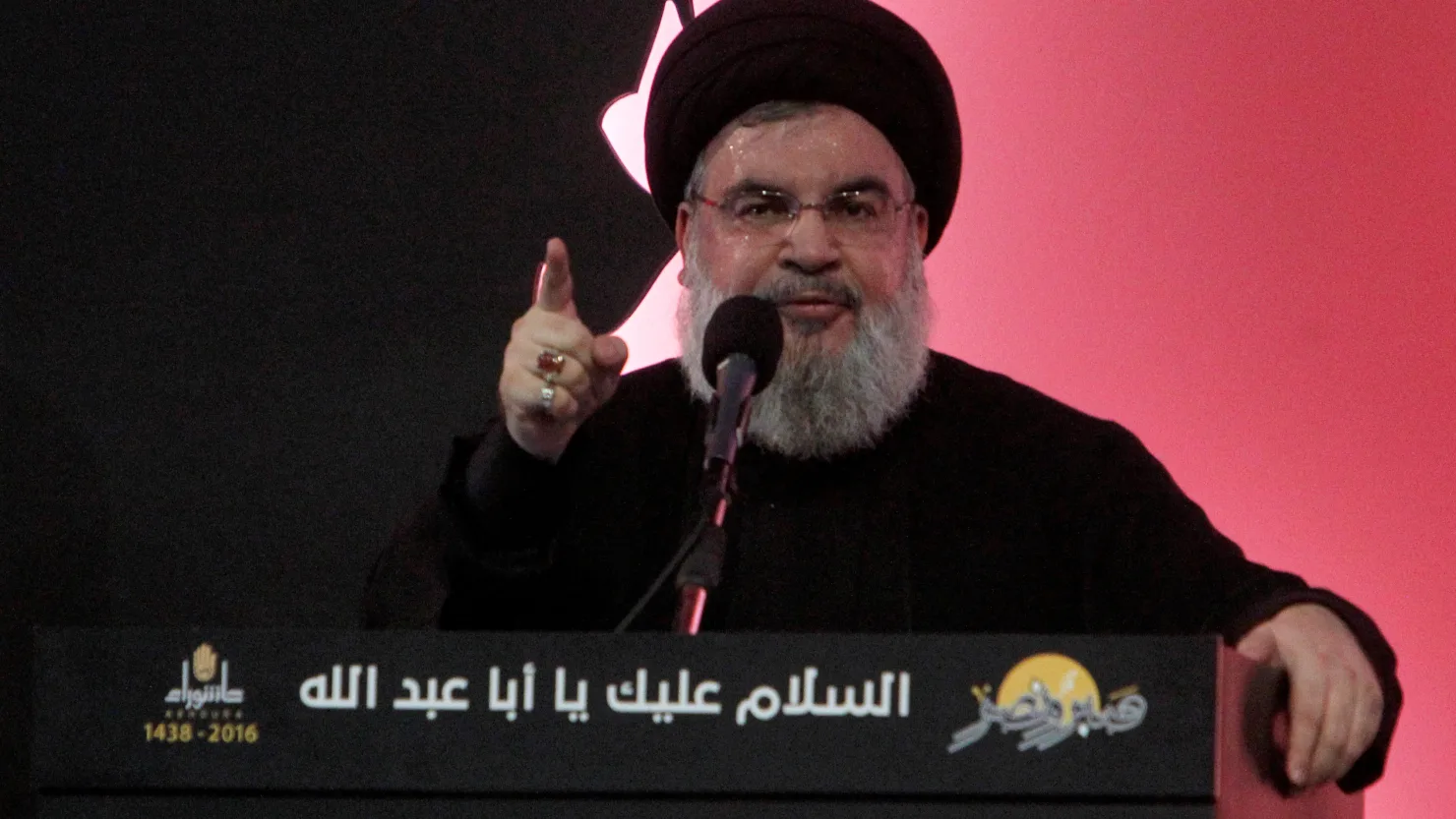Hassan Nasrallah, the man who led Hezbollah for over three decades, has been confirmed dead following an Israeli airstrike in Beirut. The announcement comes after months of heightened tension and conflict in the region. Nasrallah’s death marks a pivotal moment in the ongoing struggle between Hezbollah and Israel, but its consequences stretch far beyond the immediate loss of a leader.
Who Was Hassan Nasrallah?
Nasrallah, 64, wasn’t just any leader. He was the driving force behind Hezbollah’s rise to power in Lebanon and across the Middle East. His leadership began in 1992 after Israel assassinated the group’s previous leader, Abbas al-Musawi. Under his command, Hezbollah grew from a militant group into a significant military and political force.
Regarded by some as a freedom fighter and others as a terrorist, Nasrallah’s influence in the region cannot be understated. Hezbollah, designated a terrorist organization by countries like the U.S. and the U.K., has long been at odds with Israel, and Nasrallah embodied that opposition. He was more than a figurehead; he was the strategic mind behind Hezbollah’s military and political maneuvers.
The Airstrike That Changed Everything
On September 28, 2024, Israeli fighter jets targeted Hezbollah’s headquarters in Beirut, delivering a blow that would shake the organization to its core. Alongside Nasrallah, several key commanders, including Muhammad Ali Ismail and Ali Karki, were killed. This attack didn’t come out of nowhere—it was a culmination of ongoing conflict, heightened by Israel’s confrontation with Hamas and the broader Iran-backed axis of power in the region.
According to the Israeli Defense Forces (IDF), Nasrallah’s death represents a significant step toward diminishing Hezbollah’s ability to operate. Lt. Col. Nadav Shoshani confirmed Nasrallah’s death on social media platform X, calling it a targeted and successful strike. For Israel, this is seen as a monumental victory. For Hezbollah, it’s the start of a challenging new chapter.
A Pivotal Moment for Hezbollah
Lebanese political analyst Ronnie Chatah summed it up: “Hezbollah cannot be the same without Hassan Nasrallah.” Chatah’s sentiment reflects the deep psychological blow this will have on the group, which had grown to become one of the most powerful paramilitary forces in the world under Nasrallah’s leadership. His death leaves a void that won’t be easy to fill.
But Hezbollah isn’t likely to disappear overnight. Chatah suggests that while the group will remain intact, it will likely become “much smaller” in both influence and capacity. The question is: who, if anyone, can step into Nasrallah’s shoes?

What Happens Next?
The death of Nasrallah will undoubtedly escalate tensions in the region. Iran, Hezbollah’s long-time backer, may feel compelled to respond, potentially drawing the region into a larger conflict. Firas Maksad, a senior fellow at the Middle East Institute, believes this is only the beginning of a more significant confrontation between Israel and Iran.
Nasrallah’s death will also affect Lebanon’s internal dynamics, particularly within the Shia community. As one of the most powerful figures in Lebanon, his absence creates uncertainty. Hezbollah has held a dominant role within the country’s sectarian political system for decades, and now, that system might face even more instability.
Read more: Rita Crundwell: How One Woman Stole $53 Million From Her Own Hometown
The immediate concern is how Hezbollah will retaliate. With so many of its top commanders killed in the airstrike, the group might opt for a show of force to demonstrate it is still a formidable power. Israel, meanwhile, will be watching closely to see how Iran responds.
The Road to Escalation or Ceasefire?
The death of Nasrallah doesn’t just affect Lebanon or Hezbollah—it has regional ramifications that could impact the fragile political situation across the Middle East. Nimrod Goren, a senior fellow for Israeli affairs at the Middle East Institute, highlighted that this development could either lead to further escalation or provide a path to ceasefire negotiations in Gaza.
However, with Nasrallah gone, there’s a real risk that the conflict between Hezbollah and Israel, fueled by Iranian influence, could spiral further out of control. Tens of thousands of civilians have already been displaced from both sides of the Israel-Lebanon border due to cross-border fighting. For these civilians, the future is uncertain.
What It Means for the Middle East
The Middle East has long been a region defined by power struggles, and Nasrallah’s death is likely to shift the balance once again. His assassination may weaken Hezbollah in the short term, but it also sets the stage for further instability.
- Will Iran escalate? With Hezbollah’s most prominent leader dead, Iran might feel it has to retaliate to maintain its influence in the region.
- Will Lebanon descend further into chaos? Nasrallah’s absence leaves Lebanon’s Shia community without its most powerful voice, creating a potential power vacuum.
- Is this the end of Hezbollah as we know it? While the group will continue to exist, it may never regain the strength it had under Nasrallah’s command.
The future of Hezbollah, Lebanon, and the broader Middle East is unclear, but what’s certain is that Nasrallah’s death marks the end of an era.

